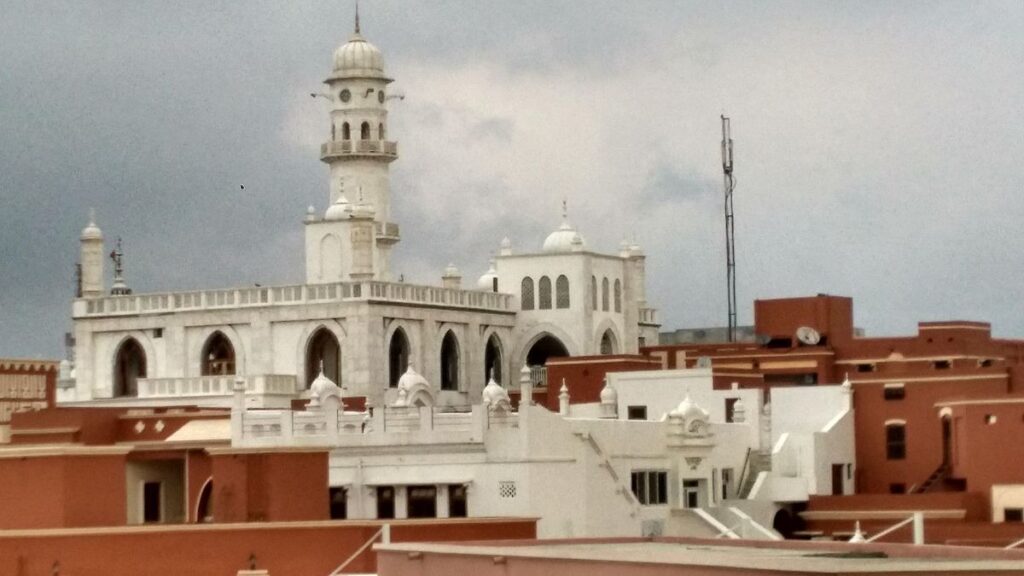
Credit: Mastermaak
About Qadian
Well, India is a country that never fails to inspire imagination. You have buried your hand in history, and you find wonders to think about. In the list of wonders, there is a place named Qadian located in the Gurdaspur district of Punjab that holds an important chapter about the Ahmadiyya Muslim community. Well, it’s a different story about what Ahmadiyya believes, but what is important is the role of Qadian as an important religious center for the Ahmadiyya Muslim community.
Founder Mirza Hadi Baig
Qadian was the birthplace of Mirza Hadi Baig, who founded the Qadian. He hailed from the mirza of the Mugal empire and belonged to the noble class. He migrated on the invitation of Babur from Samarkand to Qadian, where he offered a tract of 80 villages. He named the 80 villages as Islam PurQazi, that changed later with time to Qazi Maji and finally ‘Qadian’.
In the 19th century, Qadian came under the rule of different rulers. Ramgharia sikhs surrounded the Qadian and offered the ruling Qazis two villages, that they later refused. The great ruler Maharaja Ranjit Singh offered five villages to Mirza Ghulam Murtaza, a father of Hazrat Mirza Ghula Ahmad, in return for military support in the kullu Valley, Peshawar, Mahadi, and Haza.
Ahmadiyya religious center
As time passed, the town became an important religious center under the leadership of Mirza Ghulam Ahmad, and Qadian started hosting religious gatherings in 1891. The importance of the place increased so much that it became administrative capital of the Ahemdiya Caliphate.
After Independence
However, the situation changed drastically after independence, when much of the community migrated to Pakistan due to partition. After this, many changes happen. Mirza Bashir-ud-Din Mahmud Ahmad was declared the second Khalifa of the Community. During the migration, he observed the safety of people who were migrating and also instructed 313 men and 2 his son guard the holy site of Qadian. At last, he moved the headquarters form Qadian to Rabwah, Pakistan.
With this, the role of Qadina as a religious center for Ahemdia has declined, although number of people from the Ahmadiyya community do visit the place.
